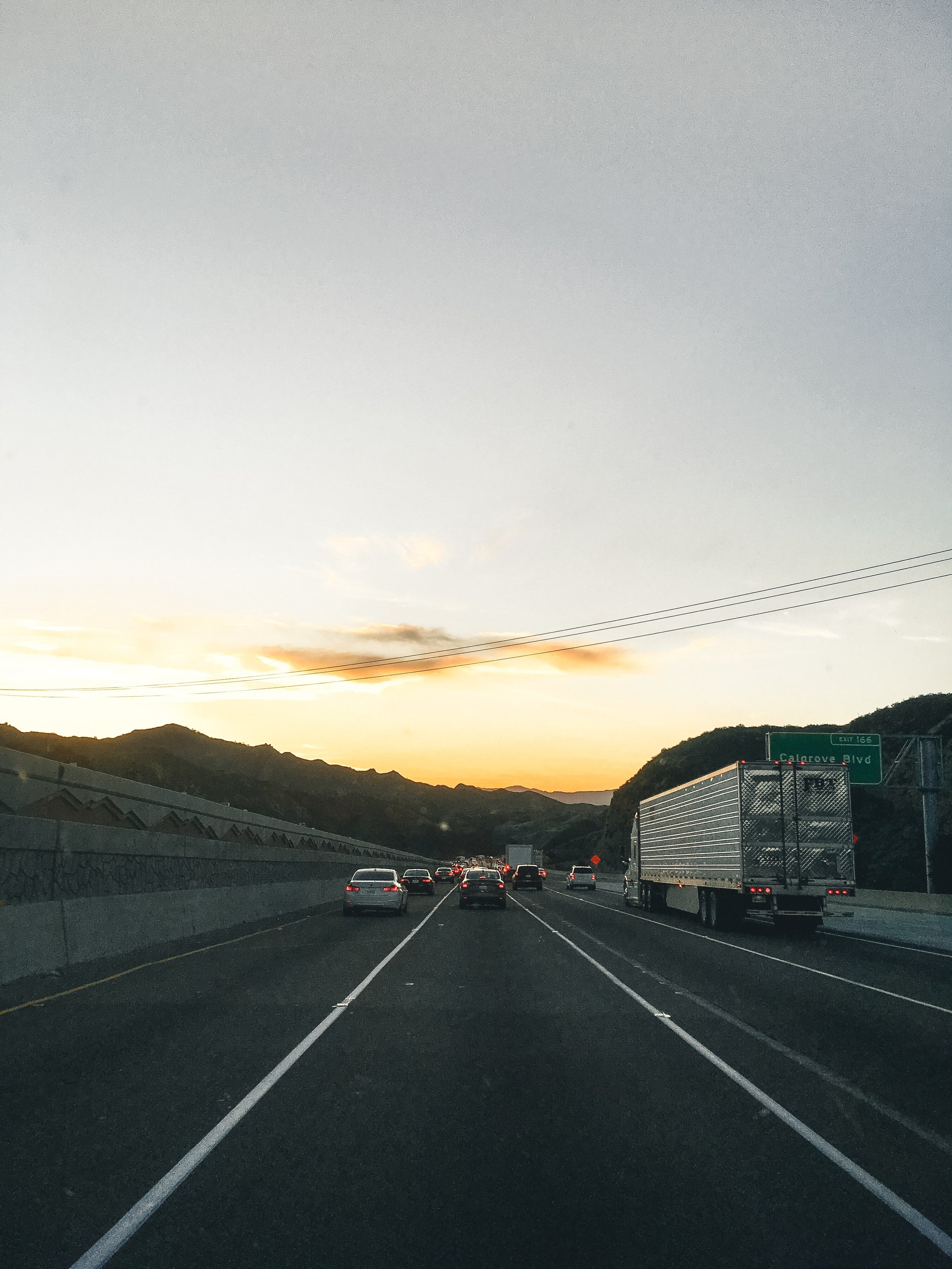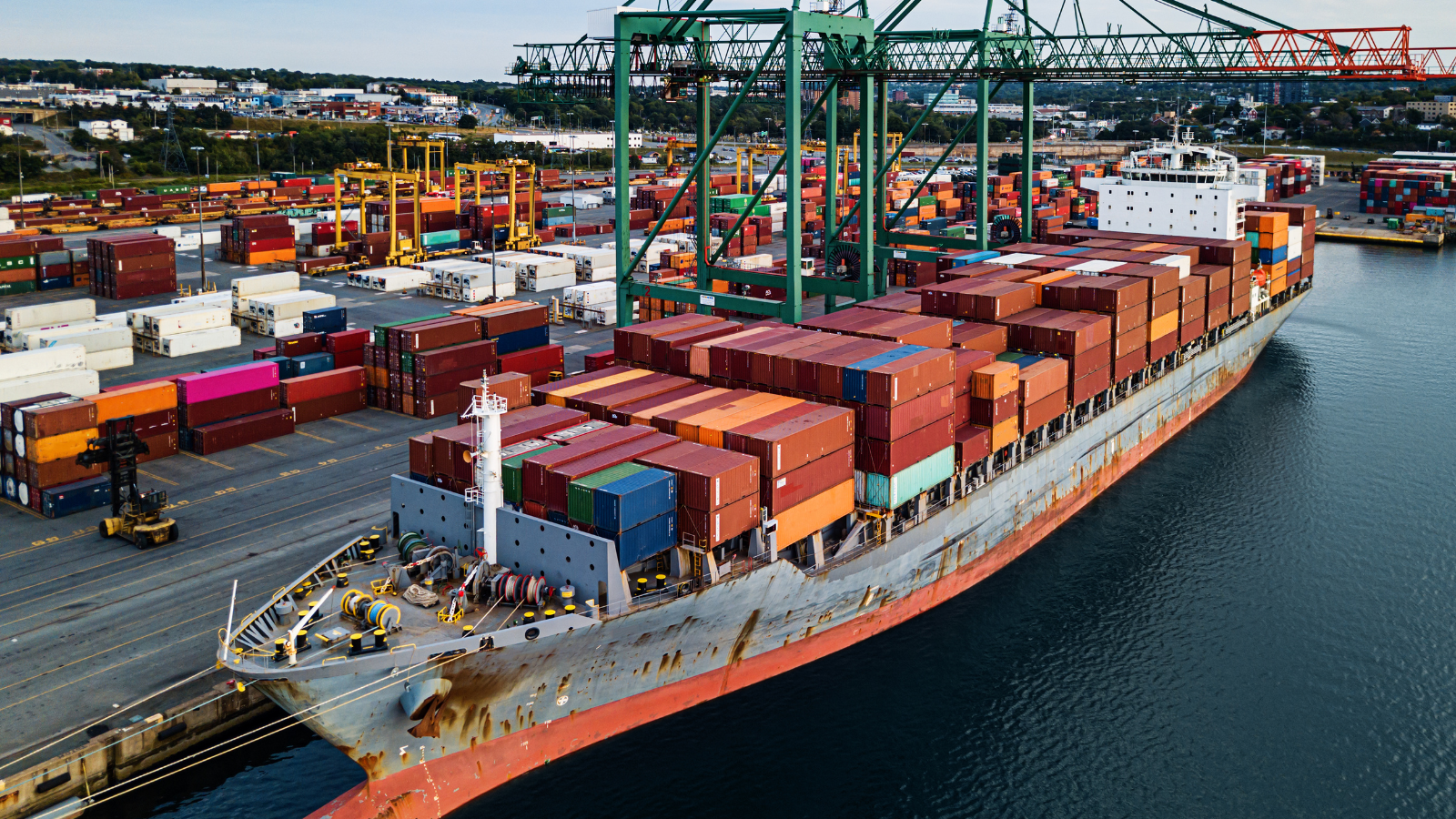Truckers should be concerned if rail workers proceed with strike
🚂 If engineers and train crews strike against the U.S. railroads, truckers have a good reason to be concerned.
While industry experts say a full-scale strike is unlikely, in the event a strike would occur, intermodal containers would immediately be pulled by trucks instead. Avery Vise, vice president of trucking research at FTR Transportation Intelligence is warning the trucking industry of an enormous demand influx if union negotiations continue to escalate.
Sean O’Brien, Teamsters International president, is under fire from senior union members for agreeing to appear at the upcoming Republican national convention.
The union representing nearly 9,300 workers at Canada’s top two rail companies is signaling a potential work stoppage due to stalled negotiations over working conditions and wage hikes.
In a recent interview, the chair of the pilots' union at Air Transport International (ATI), a key air carrier in Amazon's delivery network, expressed frustration over delayed contract negotiations.
Stellantis has made a significant announcement about the separation of 539 supplemental employees from its U.S. manufacturing operations, a move that has sparked concerns, especially from United Auto Workers (UAW) President Shawn Fain.
J.B. Hunt Transport Services has welcomed former Kansas City Southern President and CEO Patrick Ottensmeyer to its board, expanding the board to 10 seats.
Costco's current and former CEOs, Craig Jelinek and Ron Vachris, responded to a Virginia warehouse's recent unionization vote with a candid letter to employees.
Tesla is increasing wages for hourly employees at its Sparks, Nevada, battery factory, with low-end hourly wages rising from $20 to $22 (a 10% increase) and high-end wages increasing from $30.65 to $34.50 (a 12.5% increase).
Deutsche Bahn, Germany's national railway operator, has initiated the sale of its logistics unit, DB Schenker, as part of its strategy to concentrate on its core railway business.
The Biden administration is providing California with over $3 billion in federal funds for its high-speed rail project, which has faced extensive delays and budget overruns.
The U.S. Department of Transportation's Federal Railroad Administration (FRA) has allocated $8.2 billion for 10 passenger rail projects and introduced corridor planning initiatives across the United States.
The United Automobile Workers (U.A.W.) president, Shawn Fain, has proposed that other labor unions align their contract expirations with the U.A.W., emphasizing solidarity in collective bargaining efforts.
A significant portion of the Green Line Extension in Massachusetts needs track repairs due to narrowness issues, with 50% of the Union Branch tracks and around 80% of the Medford/Tufts Branch tracks requiring widening.
The Biden administration has allocated over $1.4 billion for railway safety and capacity enhancement projects across 35 states and Washington.
The United Auto Workers (UAW) is expanding its strikes to 38 parts and distribution locations across 20 states, targeting General Motors and Stellantis.
Leaders of Class I freight railroads in North America have emphasized the importance of improving service quality to compete with the trucking industry and address the decline in intermodal market share.
A rail service connecting California's San Joaquin Valley to the Port of Los Angeles is expected to commence operations in 2028.
Republicans on the House Committee on Oversight and Accountability are seeking information from Transportation Secretary Pete Buttigieg regarding aviation and rail safety issues.
Norfolk Southern, an Atlanta-based railroad, is facing a significant backlog of trains following a recent service outage.
Norfolk Southern Co. has reached a settlement with federal regulators and its unionized workforce to address concerns about worker health during track rebuilding and cleanup operations near the site of a hazardous train derailment near East Palestine, Ohio.
Brightline, a Florida-based company owned by Fortress Investment Group, is challenging the traditional passenger rail model in the U.S. by offering a privately funded and operated alternative.
US railroad companies, including Union Pacific Corp., CSX Corp., and Norfolk Southern Corp., are facing a squeeze on operating profits due to higher labor costs and weaker sales amid an ongoing freight recession.
Rail freight from Canada to the U.S. has experienced a continuous decline, with a 12% decrease reported last week, according to the Association of American Railroads.
The Teamsters and UPS have reached a tentative labor agreement, averting a potential strike that could have disrupted the supply chain.
Union Pacific, the second-largest freight railroad company in the U.S., has announced a change in its leadership.
Assembly Bill 316 has been introduced to enable autonomous truck testing in California, but the prospects remain bleak due to opposition from the Teamsters Union and concerns about safety and job displacement.
Negotiations between UPS and the Teamsters Union have resumed after a pause, bringing hope to UPS shippers.
After 13 days of closure, the container shipping ports of Vancouver and Prince Rupert in British Columbia, Canada, are set to reopen soon following the resolution of a labor dispute.
A potential 10-day strike by UPS workers in the US could have significant economic consequences, estimated to cost the country $7.1 billion, according to an analysis by Anderson Economic Group.
The ongoing strike at Canadian West Coast ports is causing a significant impact on freight rail cargo entering the United States, according to weekly rail trade data from the Association of American Railroads (AAR).































The Teamsters Canada Rail Conference (TCRC) has issued a 72-hour strike notice to Canadian Pacific Kansas City (CPKC), planning to strike on August 22 if no labor agreement is reached.